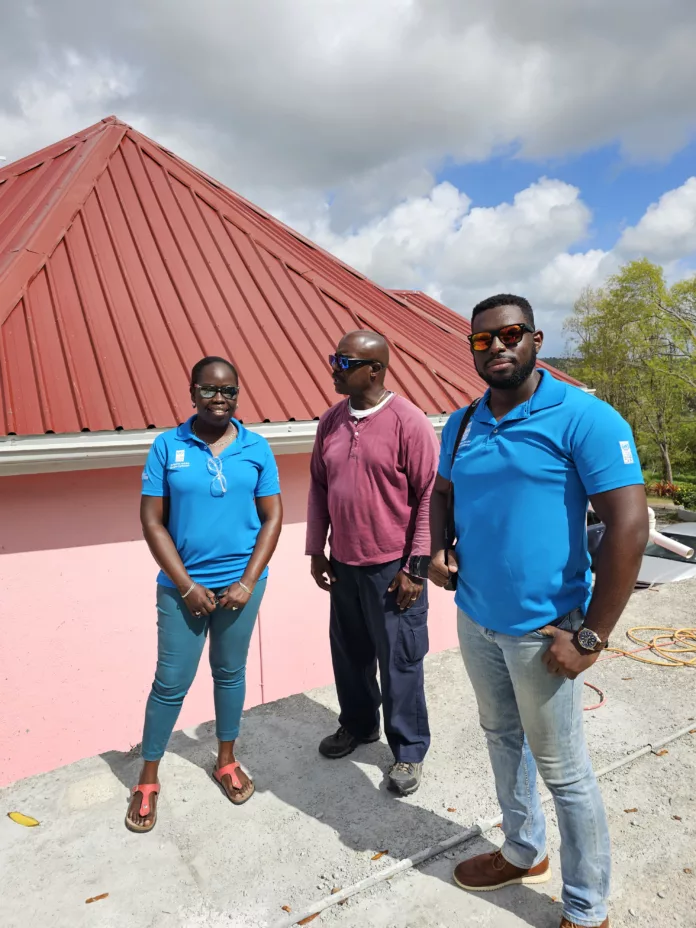
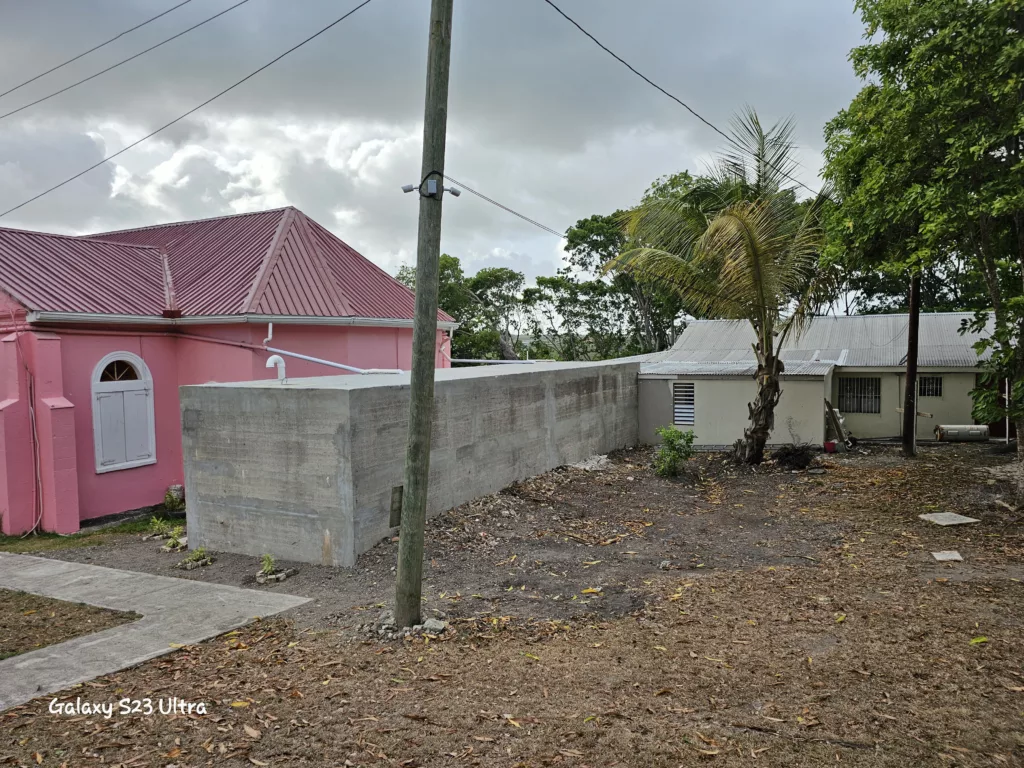
By Natalya Lawrence
It’s a regular complaint echoed in homes across the country: no water. After a gruelling day at work, we head to the bathroom, desiring to wash away the stresses of the day, but turn the shower on with a mixture of equal parts anticipation and dread.
Living in a drought-stricken country, it is not uncommon to observe hopeful glances upward, praying that an overcast sky precedes showers of rain. During the weather report our eyes become glued to the forecast, spying out and sizing up systems that may or may not bring rain our way. While our island home is surrounded by water, the process of making it useable is a costly one. The rain that we so desperately need to recharge ground and surface water, as well as top up our home water catchment systems, is often scarce, and brief.
Water security and water conservation are indeed among major priorities for our country. The government has invested significant resources to increase water availability. However, several small community groups and faith-based organisations have also taken up the challenge to address the issue directly, right in their own backyards.
One such group is the Our Lady of Perpetual Help Catholic Church in Tyrells. Their “Community Water Harvest and Climate Adaptation Project” seeks to improve harvesting and storage of water to address water security and efficiency concerns within both the church community and the surrounding villages. Not only will the project increase water harvesting ability, but the church will educate beneficiaries on climate change and the importance of water conservation.
Historically, an above-ground 39,000 gallon-capacity cistern, built in 1932, served the congregation and surrounding homes hailing from the Swetes and Tyrells communities. Over time, and with the need for repair the church, as a quick remedy, downsized to a 700-gallon black rubber tank. With protracted drought conditions, and also heightened demands for vigilant hygiene due to the pandemic, the inadequacy of the current water supply became painfully apparent. The church proactively sought assistance to address the water crisis. They reasoned that in order to fully maximise the 2,500 sq ft of roof suitable for the collection of rainwater, there needed to be a significant increase in water storage.
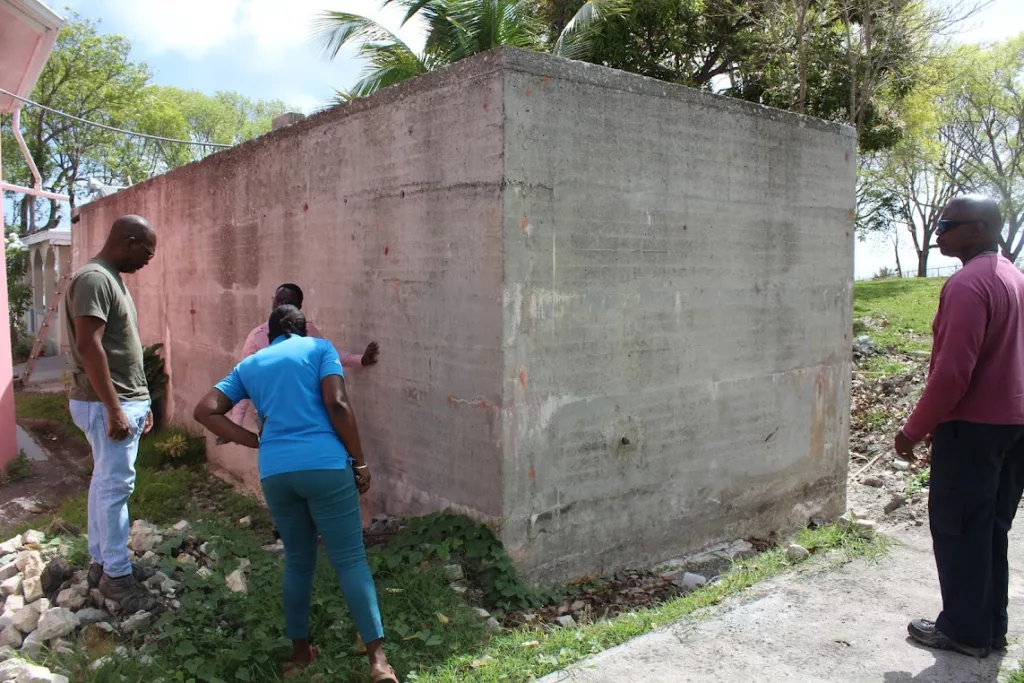
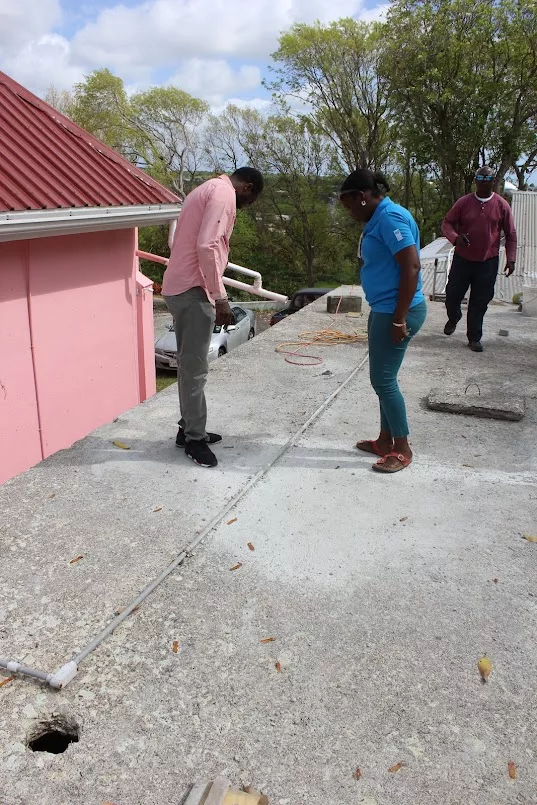
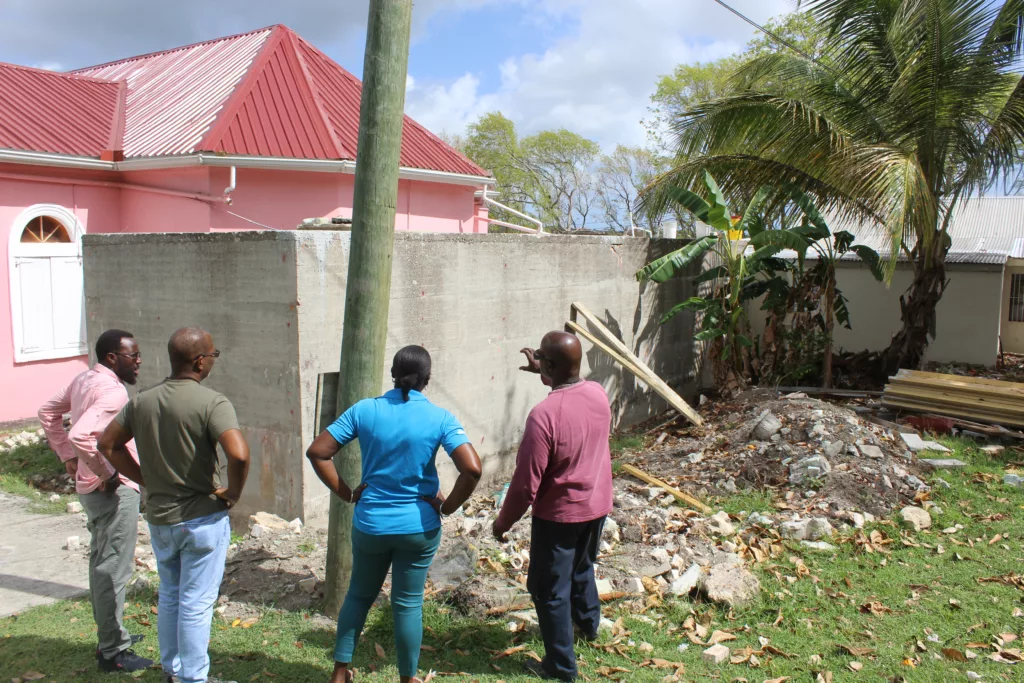
Recently, the church partnered with the Global Facility Small Grants Programme (GEF SGP) – UNDP, to retrofit the above-ground cistern, thereby increasing water storage potential by more than 5,500 percent.
The refurbishment of the cistern is ably led by a project coordinator, and reinforcement and stabilising recommendations proffered by the contractor have been backed with the approval of engineers. The excitement of the expected impacts following successful project implementation and completion is palpable. People from within both the congregation and the surrounding villages eagerly volunteered their Saturdays to assist with the start of the project. Several benefactors, also from within the community, provided in-kind support in the form of refreshments for workers and volunteers, and heavy-duty equipment, such as backhoes.
Our Lady of Perpetual Help Catholic Church has taken a valiant step to address a major issue within its community. Their two-pronged approach of both being one vehicle through which potable water is provided to the community, as well as educating persons on how to conserve water, provides confidence that benefits from the project will be sustained past project completion.
As the local saying goes, “one-one full basket”. This project is one solution to address the water crisis within our country. The initiative’s projected benefits will demonstrate inclusivity, prioritising vulnerable persons within the community who may not even have access to government supplied water to their homes.
Is there an environmental or social issue to be addressed in your community? Would you like to strengthen the organisational capacity of your group while implementing environmentally focussed projects? Do you need guidance on where and how to start? Are you interested in empowering vulnerable groups within your community by creating avenues for sustainable livelihoods? Perhaps you’d like to have a conversation to discuss the possibilities of collaboration. Please reach out by contacting S Natalya Lawrence at [email protected].
